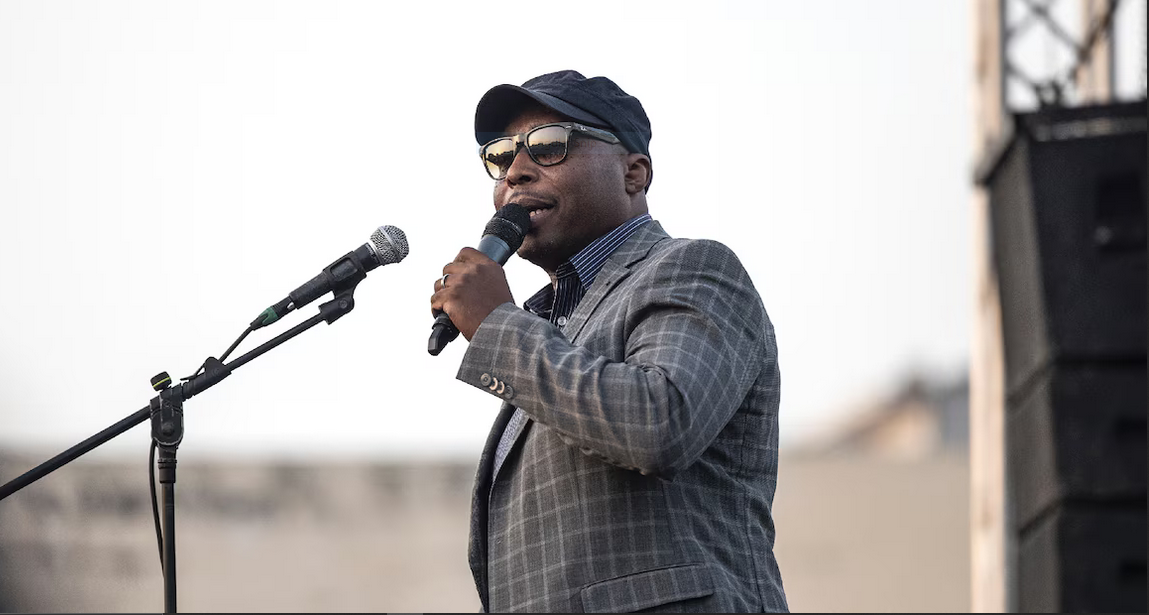Gambiaj.com – (DAKAR, Senegal) – Barthélémy Dias, the embattled mayor of Dakar, has been dismissed from his position as a municipal councilor by the administration of Prime Minister Ousmane Sonko, leader of Pastef/Les Patriotes. This decision echoes the controversies surrounding the 2018 dismissal of former Dakar Mayor Khalifa Sall, a case that Ousmane Sonko himself had once vehemently criticized during his tenure as an opposition figure.
At the time, Sonko condemned Sall’s removal, describing it as a blatant “confiscation of the Senegalese vote.” He vowed such injustices would not be repeated, particularly under his leadership. In 2022, following Barthélémy Dias’ election as mayor, Sonko reaffirmed this stance, asserting, “The confiscation of the Senegalese vote by the incarceration of Khalifa Sall is a crime that will never be repeated in Senegal and certainly not with the new mayor of Dakar Barthélémy Dias.”
However, history now appears to be repeating itself under Sonko’s own administration. Dias’ dismissal has drawn widespread criticism, with observers questioning whether this represents a genuine application of justice or a continuation of “two-speed justice” in Senegal’s political landscape.
Dias’ legal team has expressed confidence in the impartiality of Senegal’s judicial system, emphasizing their faith in the independence of the Court of Appeal. They assert that Dias’ dismissal contravenes established legal principles, including the constitutional council’s decision of October 10, 2024, which validated Dias’ eligibility despite previous controversies.
The team also cited the non-retroactivity of laws, referencing the revised Electoral Code of 2021, which governs the current framework for municipal elections.
The case has broader implications for Senegalese democracy. For the first time in the country’s history, the election of mayors is determined through direct universal suffrage rather than by municipal councilors, as stipulated by the amended Electoral Code No. 2021-35.
This landmark reform, implemented ahead of the January 2022 municipal elections that brought Dias to power, underscores the importance of safeguarding the integrity of elected officials’ mandates.
Dias has 10 days to appeal the decision, with his legal team urging the Court of Appeal to uphold the principles of law and justice. Should the appeal fail, the constitutional council—whose decisions are binding—could play a decisive role in reinstating him.
The unfolding saga raises pressing questions about the balance of power, judicial independence, and political integrity in Senegal. As Dias prepares his appeal, all eyes are on the judiciary to determine whether this dismissal reflects the rule of law or a deeper political agenda.










